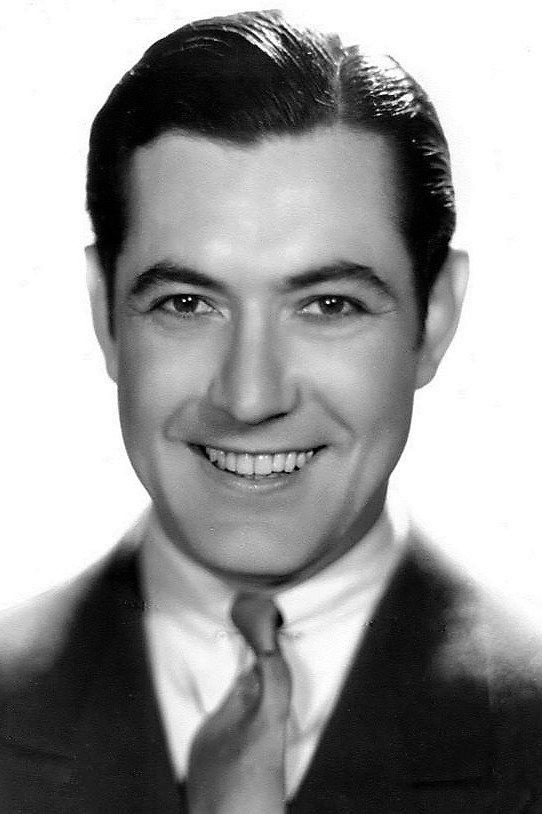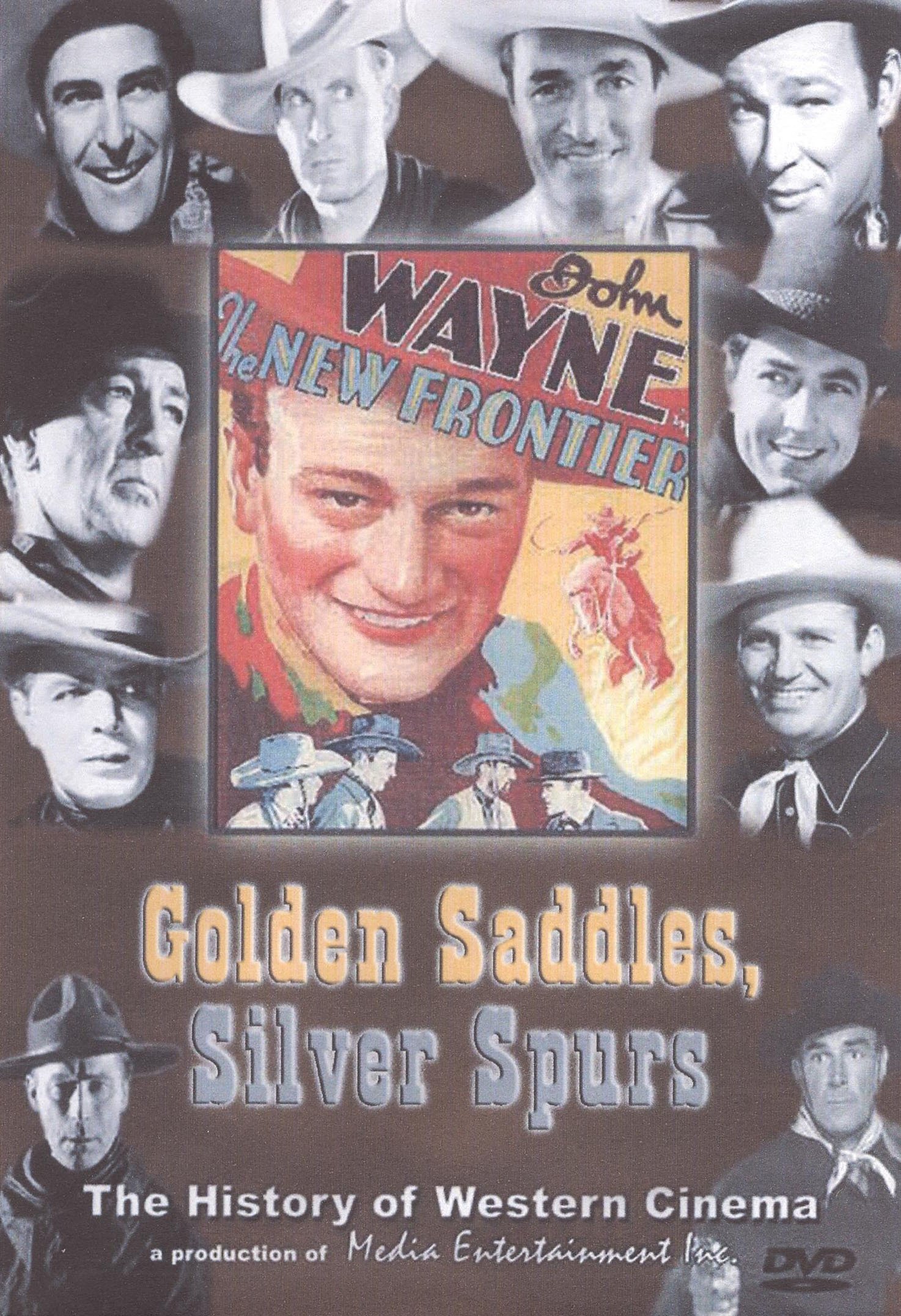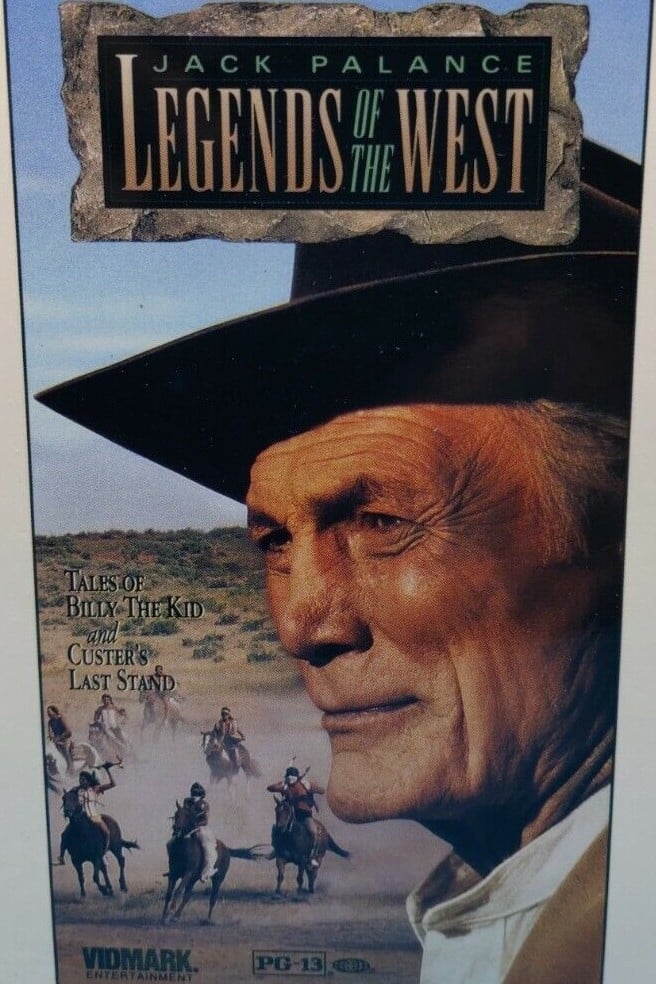

This documentary traces the history of the B-Western from it's silent movie origins to its demise in the early 1950s. The film contains a large number of scenes from early silents and seldom seen films, as well as old photographs of the stars and one-sheet advertisements for lost films.

As the first "blonde bombshell," Mae West reigned supreme and changed the nation's view of women, sex and race — on stage, in films, on radio and television.

Host Jack Palance explores how Hollywood has depicted Western legends like George Armstrong Custer, Billy the Kid, Crazy Horse and the O.K. Corral
An All-American halfback while attending the University of Alabama, Johnny Mack Brown chose the silver screen over the green grass of the football field when he graduated. Signed to a contract with MGM in 1926, Brown debuted in Slide, Kelly, Slide (1927) with William Haines in a film about - baseball. This was followed by The Bugle Call (1927), which starred the fading Jackie Coogan. In 1928 he appeared in the last Norma Shearer silent film, A Lady of Chance (1928). After that, he worked with Greta Garbo, Marion Davies and Mary Pickford. His muscular good looks only carried him so far in films, however, and by 1930 he had yet to find his place. At MGM Clark Gable was taking the roles that Brown was up for, so he went into a western for director King Vidor, Billy the Kid (1930). While Vidor did not want him for the part to begin with, the picture was successful; however, Brown's career at MGM soon ended. By 1933 he was still making westerns, but they were for low-rung studios like Mascot. More westerns at even lower-rung Supreme Pictures followed, as well as serials like Wild West Days (1937) at Universal. In 1943 Brown took his boots over to Monogram Pictures, where he made over 60 westerns. He started off as "Nevada Jack McKenzie" in the Rough Riders series, but the name soon changed to Johnny. As with most of the early cowboy stars, he was a hero to millions of young children and consistently among the top ten money-makers in westerns from 1942-50. The bubble burst, though, just as it did for Allan Lane, in 1953, as the days of the "B" western came to an end.
By browsing this website, you accept our cookies policy.